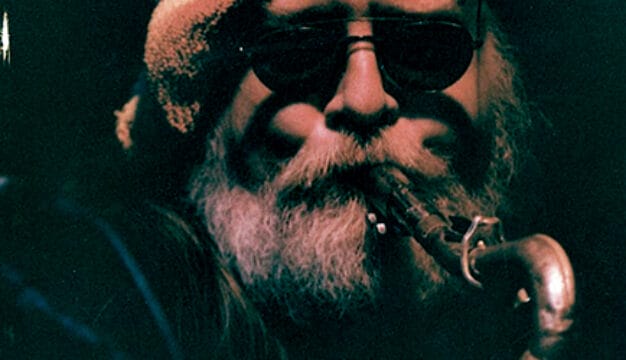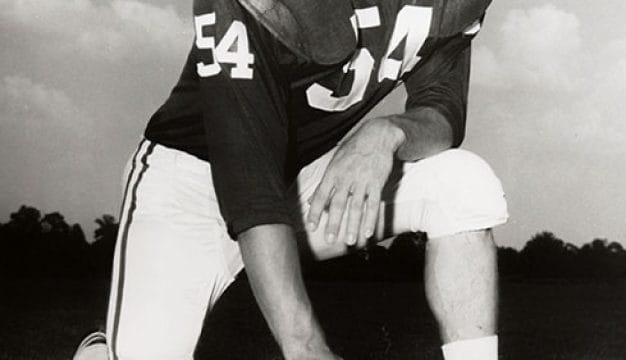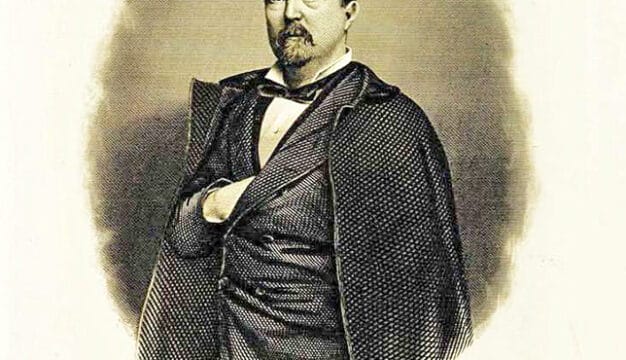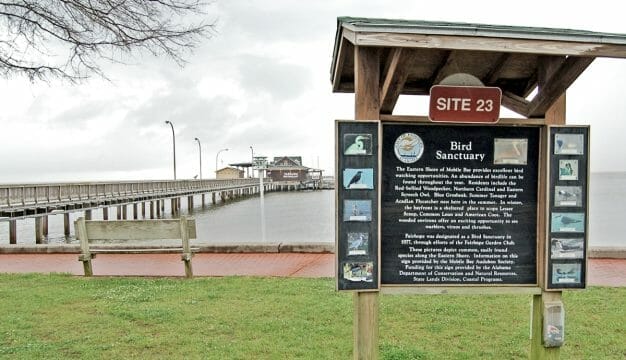James Orange
James Edward Orange (1942-2008) was a noted civil rights activist in the 1960s who participated in numerous civil rights events with the Southern Christian Leadership Conference (SCLC) and the Alabama Christian Movement for Human Rights (ACMHR). These activities included the 1963 Birmingham Campaign, the SCLC’s Poor People’s Campaign, and the 1968 Sanitation Workers’ Strike in Memphis, Tennessee, where Martin Luther King Jr. was assassinated. Orange then left his position as a SCLC project coordinator but continued to participate in human rights campaigns, championing labor activism and issues of racial prejudice until his death.
Orange was born on October 29, 1942, to Calvin and Ida Robinson Orange in Birmingham, Jefferson County; he was the third of seven children. His parents were civil rights and labor activists for much of his early life. His mother was as a civil rights organizer, and in the late 1950s, Orange’s father was fired from his job at the local American Cast Iron Pipe Company iron mill for labor union activity. These childhood experiences with his parents, as well the rampant racism in Birmingham, informed much of his later work as a civil rights and labor activist, spurring his desire to effect social change.
When the SCLC and the ACMHR began their 1962 campaign to desegregate downtown Birmingham businesses, Orange was working as a chef at a local restaurant. Having graduated high school in 1961, Orange admittedly attended his first civil rights rally, at Sixteenth Street Baptist Church, in the hope of impressing a young woman who sang in the church choir. Late to the event, Orange sat in one of the only open pews in the front row, which had been reserved for individuals volunteering to picket local stores in the nearby downtown area. Despite realizing he could face arrest if he joined the protest, Orange was inspired by a sermon by Rev. Ralph Abernathy to participate. As the SCLC and ACMHR campaign developed, Orange joined the SCLC staff as a project coordinator engaged in youth outreach. He advocated for the participation of children in the 1963 Birmingham Campaign and recruited them to take part in the controversial demonstrations known as the Children’s Crusade. The resulting publicized brutality of the children by law enforcement prompted Pres. John F. Kennedy to call for civil rights reforms in the segregated South.
After the Birmingham Campaign, Orange followed Rev. James Bevel, a fellow youth coordinator and the architect of the Children’s Crusade, to Marion, Perry County, to participate in a voter registration drive early 1965. There, Orange was arrested and jailed on charges of disorderly conduct, inciting students to participate in voting rights drives, and contributing to the delinquency of minors. Rumors spread throughout the county that Orange would be taken from the jail and lynched. On February 18, 1965, Marion residents gathered to protest Orange’s arrest and imprisonment and to pray on his behalf. During this protest, Alabama state troopers shot and killed Jimmie Lee Jackson, who was guiding his family to safety. Civil rights activists protested Jackson’s murder by planning a march from Selma, Dallas County, to the state capitol in Montgomery, Montgomery County. Planned for March 7, 1965, the original march attempt became known as “Bloody Sunday” when state and local law enforcement officials violently suppressed marchers in the ensuing confrontation on the Edmund Pettus Bridge.
The events of “Bloody Sunday” persuaded Lyndon B. Johnson to sign the Voting Rights Act of 1965, marking a turning point for American civil rights. With the passage of the Civil Rights Act of 1964 and the Voting Rights Act of 1965, Orange and other activists began working for economic justice that would culminate in the last effort of Martin Luther King Jr., the Poor People’s Campaign, in 1968. Orange would also continue his work with youth outreach by acting as a liaison between the SCLC and Chicago gangs, attempting to convert gang members to King’s nonviolent principles. In 1967, Orange was ordained as a Baptist minister.
In the spring of 1968, Orange, King, and other SCLC members travelled to Memphis, Tennessee, to assist African American sanitation workers striking for better pay and working conditions after two co-workers died that February. In March, Orange participated in marches and demonstrations and continued his work with gang members as he had in Birmingham and Chicago. This time, he was mediating with members of the Invaders, a Memphis gang trying to extort the SCLC for protection money. Orange was at the Lorraine Motel speaking with King on the balcony above when the prominent civil rights leader was shot on April 4, 1968.
After King’s assassination, Orange remained with the SCLC for nine years before resigning from his position in 1977 to become a regional coordinator for the American Federation of Labor and Congress of Industrial Organizations (AFL-CIO). Based in Atlanta, Georgia, Orange organized campaigns that won union representation and benefits for J. P. Stevens textile workers there. Orange also helped Mexican American labor leader and civil rights activist Cesar Chavez and his organization, the National Farmworkers Association (NFWA), with their mission to teach immigrant groups to organize and fight for better working conditions. This partnership with Chavez cemented Orange’s reputation for his ability to organize immigrant groups, and he would continue to advocate for these groups until his death.
The 1990s marked a particularly busy time for Orange as he participated in a wide variety of civil rights and labor rights movements. Notably, he was arrested while occupying the offices of Georgia Republican and Speaker of the House Newt Gingrich in Marietta, Georgia, to protest his “Contract with America” proposals for conservative legislation. He also joined the fight against apartheid in South Africa, traveling there to participate in voter registration drives in 1994. He founded the M. L. King, Jr. March Committee-Africa/African American Renaissance Committee, which organized the annual King holiday march in Atlanta and promoted trade between the United States and South Africa. Orange remained active in the organization as chairman until his death on February 16, 2008. His funeral was held in Morehouse College’s King Chapel in Atlanta and he was buried in the city’s Greenwood Cemetery. He was married to Cleophas Orange, with whom he had five children.
Additional Resources
Richardson, Christopher M., and Ralph E. Luker. Historical Dictionary of the Civil Rights Movement. Lanham, Md.: Rowman & Littlefield, 2014.



